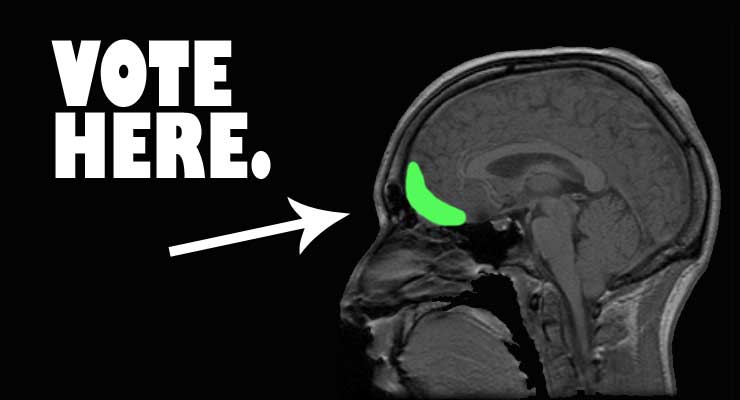
In 2018, Maine became the first state to use the alternative voting method ranked choice voting (RCV) in federal elections. That’s good because it meant that Maine stopped using our ubiquitous choose-one voting method—largely regarded as the worst single-winner voting method there is.
Keep in mind, however, that the current bar we’re pushing past—our choose-one voting method—is an especially low bar. That voting method breaks at the slightest hint of competition beyond a second candidate.
It’s important as well to not oversell the benefits of RCV, which many outlets are doing. Overselling RCV can create unrealistic expectations and sour voters to other alternative voting methods. And some of those alternative voting methods aren’t just simpler than RCV. They’re flatout better.
That said, it’s important to give the benefit of the doubt to media and those who advocate for RCV. Voting methods are complicated and not intuitive in the slightest (even when they appear to be). So, it can be easy to make mistakes.
A Primer on RCV
Let’s recap how RCV works. Voters are asked to rank the candidates on their ballot from most to least favorite. Sometimes voters are limited to three rankings, but other times there’s no limit. That’s the information component, just ranking, though it can be more demanding if you have a bunch of candidates.
The calculation component is more involved. Candidates with the fewest first-choice votes are sequentially eliminated and those next-preference choices transfer over in subsequent rounds. That continues until there’s a round where a candidate has more than half the remaining first-choice votes.
Among single-winner voting methods, this one is moderately complicated. For a visual, here’s a video from the Maine Secretary of State on how RCV works.
To see the full list with five examples of RCV’s limits, visit my post at the Center for Election Science.
Leave a Reply